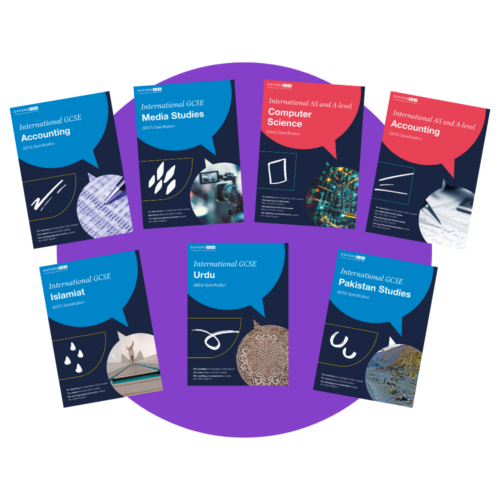
Whatever the future holds, most educators agree that the need for transferable, future-facing skills is more important than ever.
About the author
Robin Drummond is an Assessment Design Manager at AQA, working across multiple OxfordAQA qualifications. He previously led Extended Project Qualification programmes in several UK schools.
There’s no doubt that technological advances are fuelling a rapidly evolving job market, leading to speculation that many roles previously considered beyond the scope of automation in areas such as law and medicine may soon be transformed or replaced by Artificial Intelligence. Alongside this, increasing competition for places at top global universities means the need for students to stand out from the crowd is greater than ever. Meanwhile, traditional didactic teaching methods have also come under growing criticism from universities for failing to sufficiently prepare students for the self-regulated and independent nature of undergraduate study.
So, what can education do?
The questions for schools – and the methods to overcome them
The imperative for schools, then, becomes finding innovative and versatile ways to develop curricula to meet the following challenges:
- How can schools give each student a genuine opportunity to demonstrate their unique academic worth?
- How can schools develop students into successful, independent learners who are capable of making the transition from GCSEs to A-levels and undergraduate study?
- How can schools ensure that students are developing the types of transferable skills that will best prepare them for the ever-changing world of work? These skills include: planning and managing complex tasks, solving difficult problems by making creative decisions, being a critical researcher, an effective communicator and a reflective practitioner.
Extended project work is an excellent way to meet all aspects of these challenges.
Extended projects – what are they and how are they effective?
Extended project work involves a student, with the support of a supervisor and in the context of a ‘taught skills’ program of study:
- Choosing an area of personal interest
- Drafting a title and aims for their project
- Planning, researching and carrying out the project
- Delivering a presentation on the process and findings
Through this process, students produce a unique piece of work that they can discuss with a degree of expertise unmatched in their other studies – a valuable ability when writing a university application. Students also develop the independent study skills that top universities are looking for, as well as other highly transferable skills valued by employers such as problem solving, planning and effective communication.
Whether a study into the ethics of predictive genetic testing, an exploration of the role of the hero in English Literature or an analysis of the anatomy of bat wings, extended project work can help prepare students for success at school, at university and in the careers of tomorrow.



